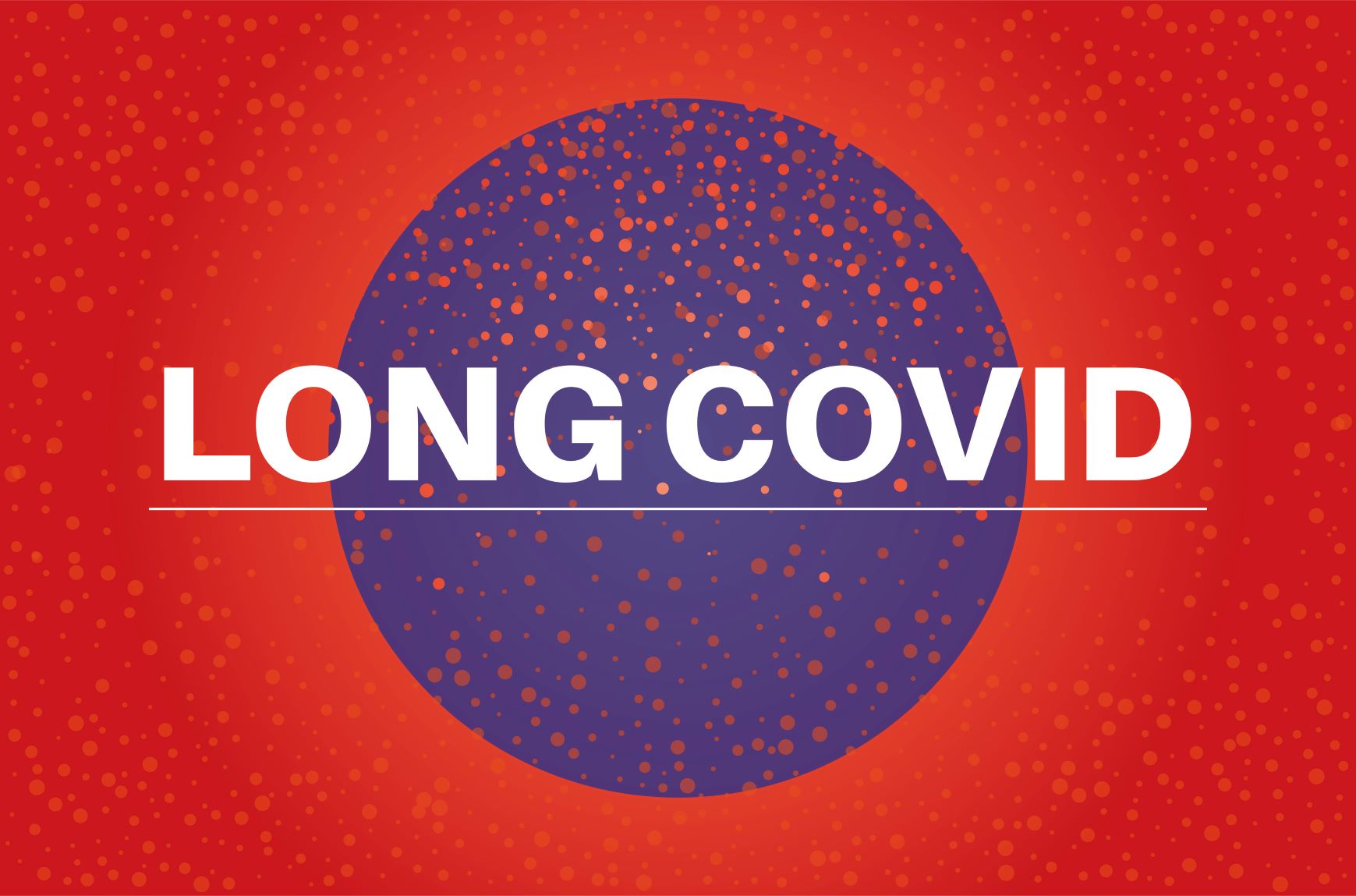Go long, is a term used in football. Long is not a word you want to hear with COVID-19.
We have passed the anniversary of the first known case of COVID-19 in the states with over 25 Million confirmed cases in America. There are still lots of questions surrounding COVID-19. What we do know, is that CV-19 is mild to moderate in the majority of humans. The young seem to have the least severe symptoms, with severity increasing with age. Those who are over 70 with other underlying health conditions are at the highest risk. Men are more likely to develop severe symptoms than women. That being said, we now know that long-lasting symptoms are possible at all ages. We also know that new strains have emerged from Europe and South America that are more infectious and easier to catch.
Facial coverings, hand washing, and social distancing is the best way to avoid infection. The vaccine not yet available to everyone is going to help in the long run with herd immunity. Once the vaccine is administered it is still important to practice social distancing and to wear a mask. As always, I do recommend bolstering your immunity with lifestyle and supplementation.
Please click here for immunity protocol
Long Covid “is a phenomenon that is really quite real and quite extensive,” Anthony Fauci said.
A recent study has been published on the long-term effects of COVID-19. The patients are also referred to as Long-Haulers or Long COVID patients. Early on research focused on lung symptoms. It is now apparent that COVID attacks many tissues in the body causing a variety of more than 200 symptoms including brain fog, dizziness, joint pain, blood clotting, menstrual changes, hormonal imbalances, erectile dysfunction and decreased lung capacity. The lasting impact of the viral invasion coupled with being on a ventilator can lead to long term rehabilitation.
Below is the short of the study.
Menstrual changes and erectile dysfunction:
Hormonal imbalance and erectile dysfunction lead the list in symptoms. Researchers interviewed 640 Long-COVID patients and compiled a list of more than 200 symptoms. Many of these symptoms including brain fog, dizziness, joint pain, are also symptoms of menopause. Many of these symptoms have been reduced or eliminated with the supplementation of hormones.
Men, including young men, can particularly be affected by the COVID virus. The tissue of the testes has one of the highest concentrations of ACE2 receptors. ACE2 receptors are the primary entry point for COVID-19 to enter the cell. It is shown that the COVID-19 virus damages the surface layer of the inside of the blood vessels. Attacking the cells of the testes can have long-lasting effects and is a sign of more serious issues.
An Italian study showed that men with low T levels that have contracted COVID-19 presented with worse outcomes.
NOTE… The coronavirus enters the cell via ACE2 enzyme receptors at the cell level. The cells most affected are epithelial cells found in the oral mucosa, liver, kidney, intestine, heart, walls of the vascular system, and testes.
Pulmonary issues:
In one study in the UK of Long-COVID patients including young low-risk patients, 66% had dysfunction of one or more organs four months after initial infections. This includes lung inflammation which dramatically reduces lung capacity.
Blood clotting and heart issues:
Blood clotting is another issue. There has been reported an increase in amputations, a spike in the number of strokes and micro-clots have been reported in brain tissue.
In addition, heart damage is reported in young athletes. This includes pericarditis, myocardium, cardiomyopathy and tachycardia. These symptoms may arise from the Coronavirus impacting the endothelium.
Impact on the immune function:
When there is an assault on the endothelial cells there is an immune response. This is needed to heal. One of the many immune cells that is called to the front line is the Mast cell. These same Mast cells that are trying to protect us have been found linked to blood clots and pulmonary edema in COVID patients. It is also thought that the T cells are involved in long-haulers.
Multi system inflammatory syndrome in adults (MIS-A) and children (MIS-C) is a term for long-haul children and adults. MIS can present 2-6 weeks after infection.
Nervous system:
40% of COVID-19 patients have presented with some type of neurological symptoms. Short-term memory loss, brain fog, intense headaches, extreme fatigue, and tingling or numbness.
There is evidence that the virus can cross the blood-brain barrier producing seizures and hallucinations.
Children and Long-COVID:
Unfortunately, little attention is being paid to children and post-infection symptoms. Many children are accused of faking their sickness and symptoms. There are few resources for the treatment of children.
The bottom line is that we all must take this virus seriously. my feeling is that the perception is: I am not old, and I will not die. While this is most likely true from the initial infection what is your long-term picture of health.
Wear a mask, Wash your hands, Social Distance. No matter how young you are. Not to mention you may infect the older members of your family.
Click links below for information and work cited….
6-month consequences of COVID-19 in patients discharged from hospital: a cohort study
Extrafollicular B cell responses correlate with neutralizing antibodies and morbidity in COVID-19
COVID-19 and POTS: Is There a Link?
Immune determinants of COVID-19 disease presentation and severity
The many strange long-term symptoms of Covid-19, explained
People Thought Covid-19 Was Relatively Harmless for Younger Adults. They Were Wrong.

